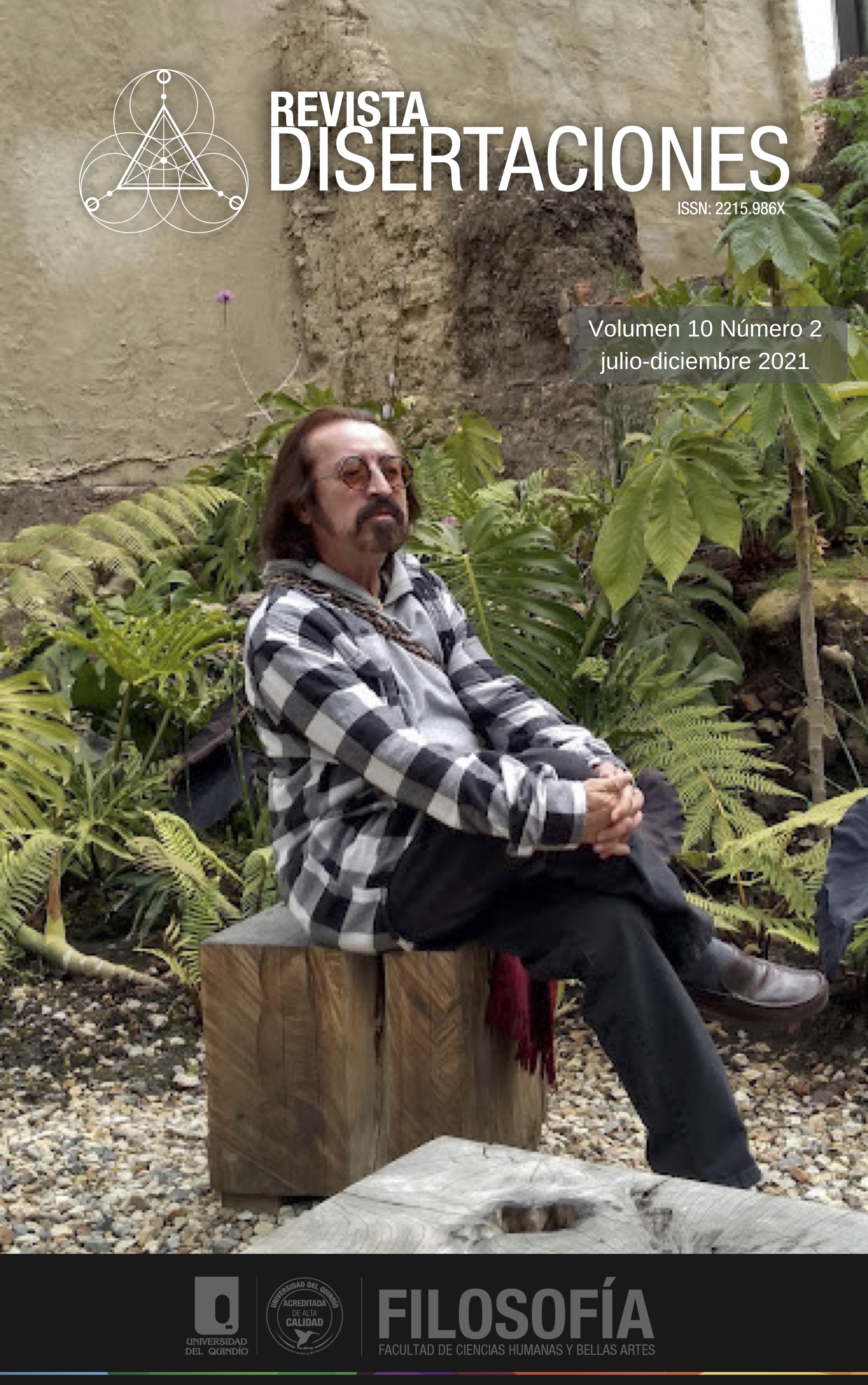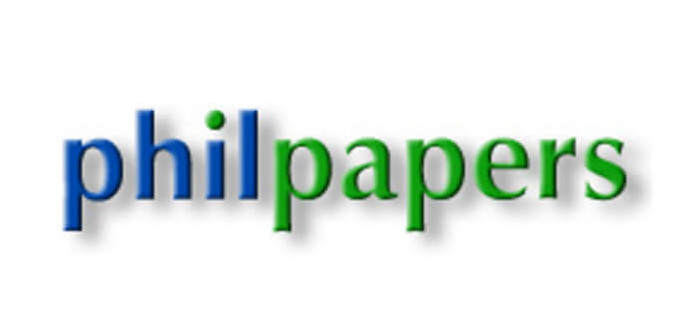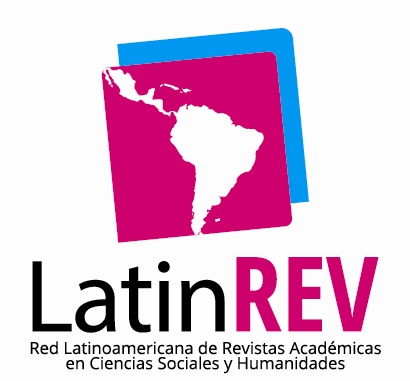Derrida, los animales y el futuro de las humanidades
DOI:
https://doi.org/10.33975/disuq.vol10n2.566Keywords:
Derrida, Humanities, Animals, Posthumanities, Non-humanAbstract
In the closing pages of “The Future of the Profession or the University without Condition,”1 Derrida suggests that the future of the Humanities willhave to include an analysis of the history of the concepts that institute the various disciplines comprised by the Humanities. Such historical analyses, he argues, would be far from neutral; they would be driven, instead, by an attempt to open up these disciplines to modes of alterity that they have left unthought in the constitution of their foundations. That this kind of critical reckoning would also have to be extended to include an analysis of the problematic foundations of the Humanities as such and as a whole (and not just the individual disciplines that fall under this rubric) didnot elude Derrida. In fact, this critical exigency is the first matter he underscores when attempting to outline a positive, quasiprogrammaticproject for the Humanities. He suggests that the Humanities, if they are to maintain the ethical spirit from which they are constituted, will have to turn its critical lenses on its own founding concept, viz., the concept of “the Human.” Among the questions that would be raised along these lines are: What is “the Human”? How is this concept and its associated institutions and practices instituted and maintained? How is the Human figuredover and against a wide range of nonhuman Others?















